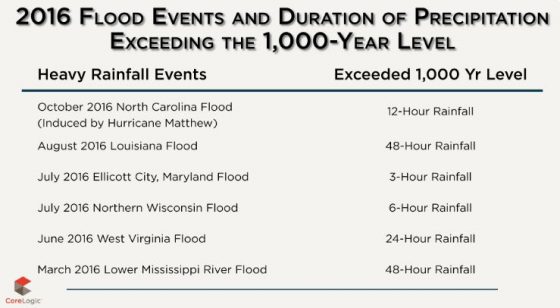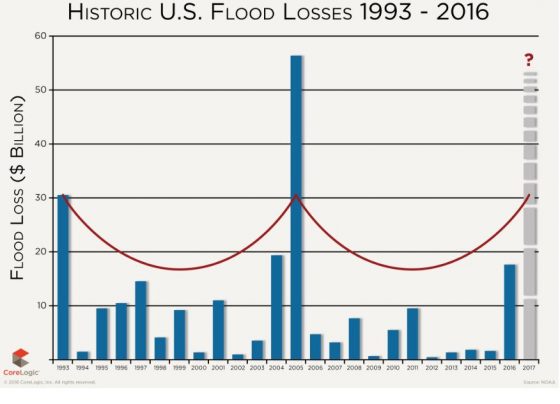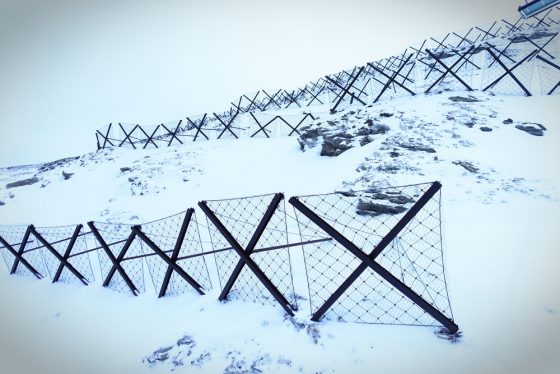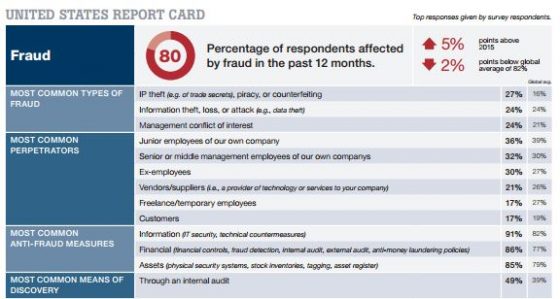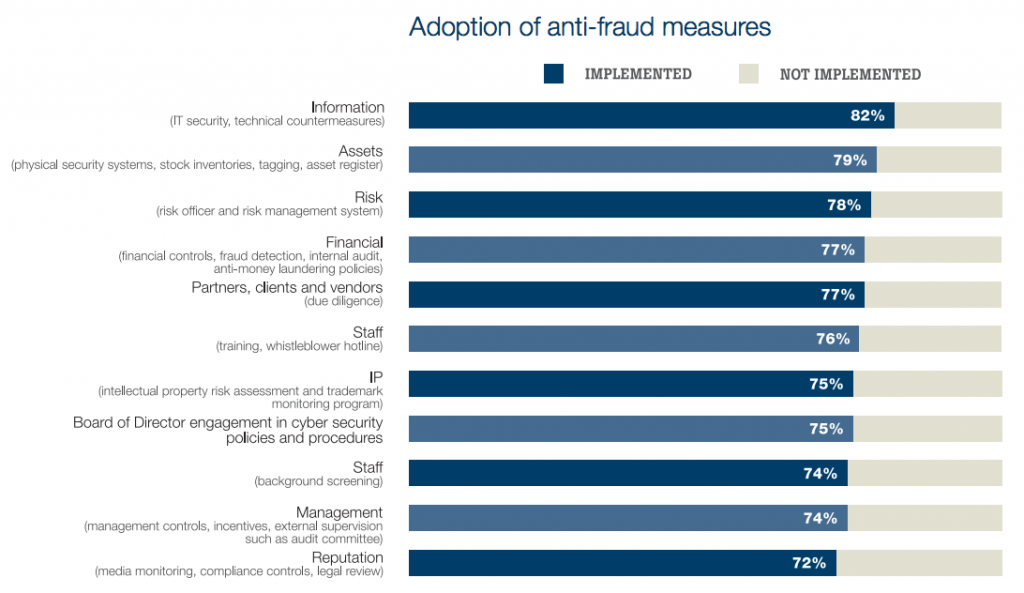
With cyberattack listed as one of their top risks, organizations are looking for ways to mitigate their risk in a market where cyber insurance rates are quickly rising. According to the Center for Strategic and International Studies, the annual cost of cyber crime and economic espionage to the world economy runs as high as 5 billion, or about 1% of global income.
This does not include intangible damage to an organization, however. Companies are purchasing more insurance to cover the risk. In 2014, the report said, the insurance industry took in $2.5 billion in premiums on policies to protect companies from losses resulting from hacks.
As a result, captive insurers are being used more and more for coverage.
Aon said it is addressing shortcomings in traditional cyber coverage with a cyber captive program with capacity of up to $400 million. Companies looking to form a captive would undergo a review to quantify their cyber exposures.
According to Peter Mullen, CEO of Aon Captive and Insurance Management, the program is designed to help clients understand their risk profile. “Once this is understood, they are is in a better position to make decisions about how much risk to retain in their captive and how much risk to transfer to the program,” Mullen said.
Canadian Pharmacy https://royalcitydrugs.com/ no prescription
“The program allows captives to purchase coverage up to $400 million on a reinsurance or excess insurance basis.”
The cyber captive program will be domiciled in Bermuda and is available to single-parent captives. The basis for coverage will be “a very broad form which includes coverage for property damage and business interruption following a cyber event,” he added.
“Building a large tower of limits can be hampered by differing policy terms and conditions and dislocation of rates at different layers in a program,” Mullen said. “Additionally, many organizations facing cyber risks that can result in physical impacts, such as property damage and business interruption, agree that a more comprehensive approach to cyber risk is needed.
”

